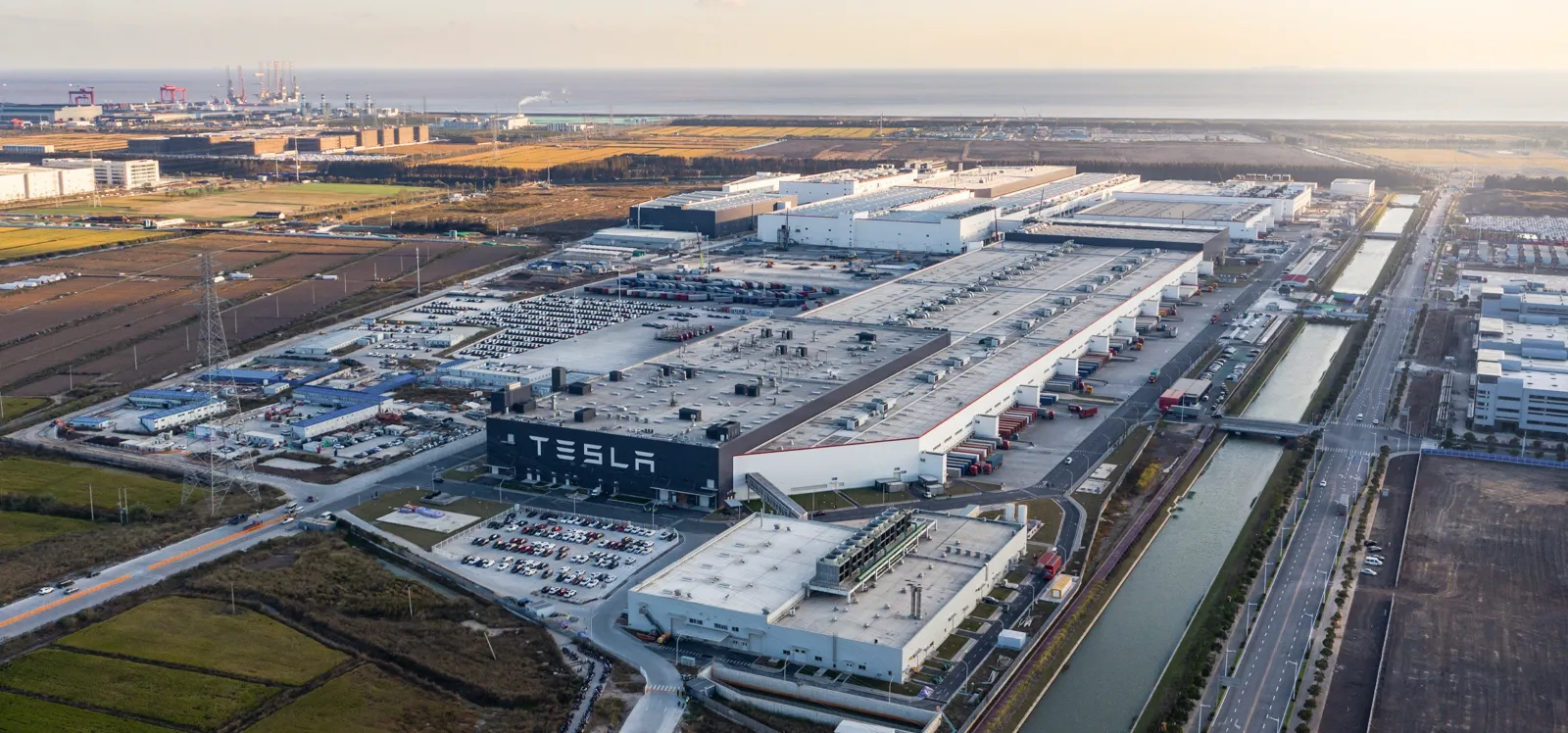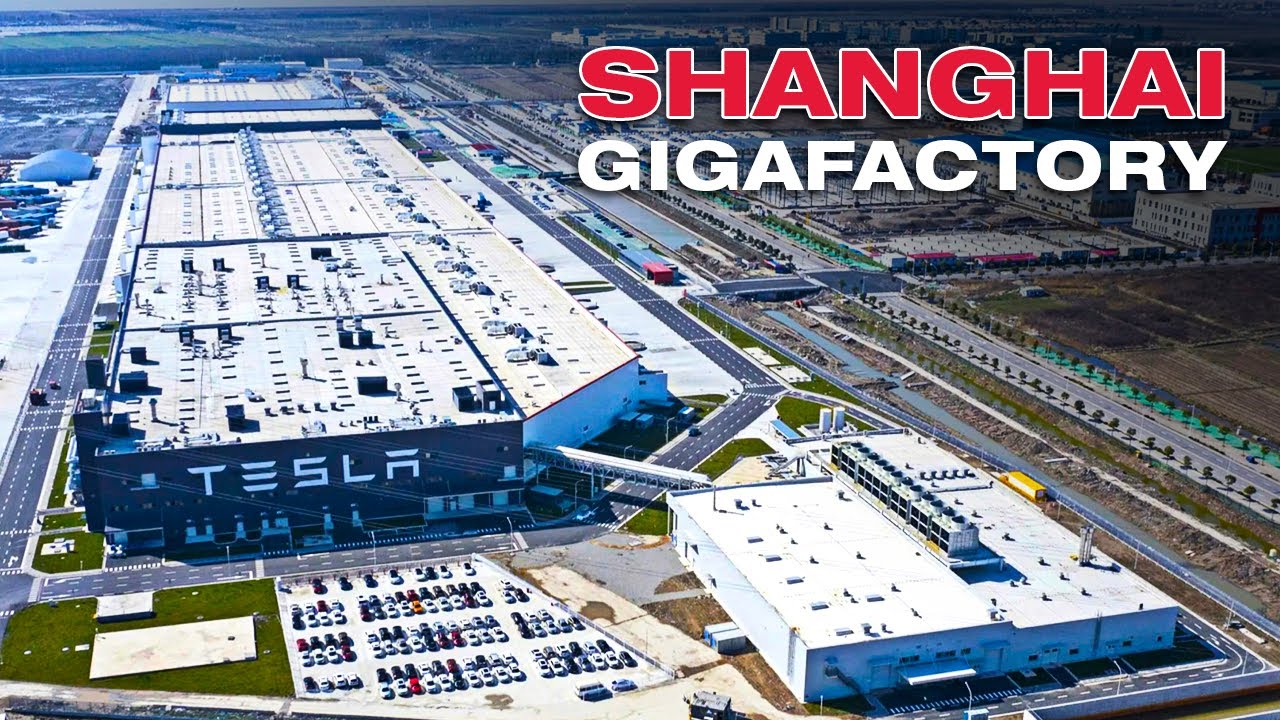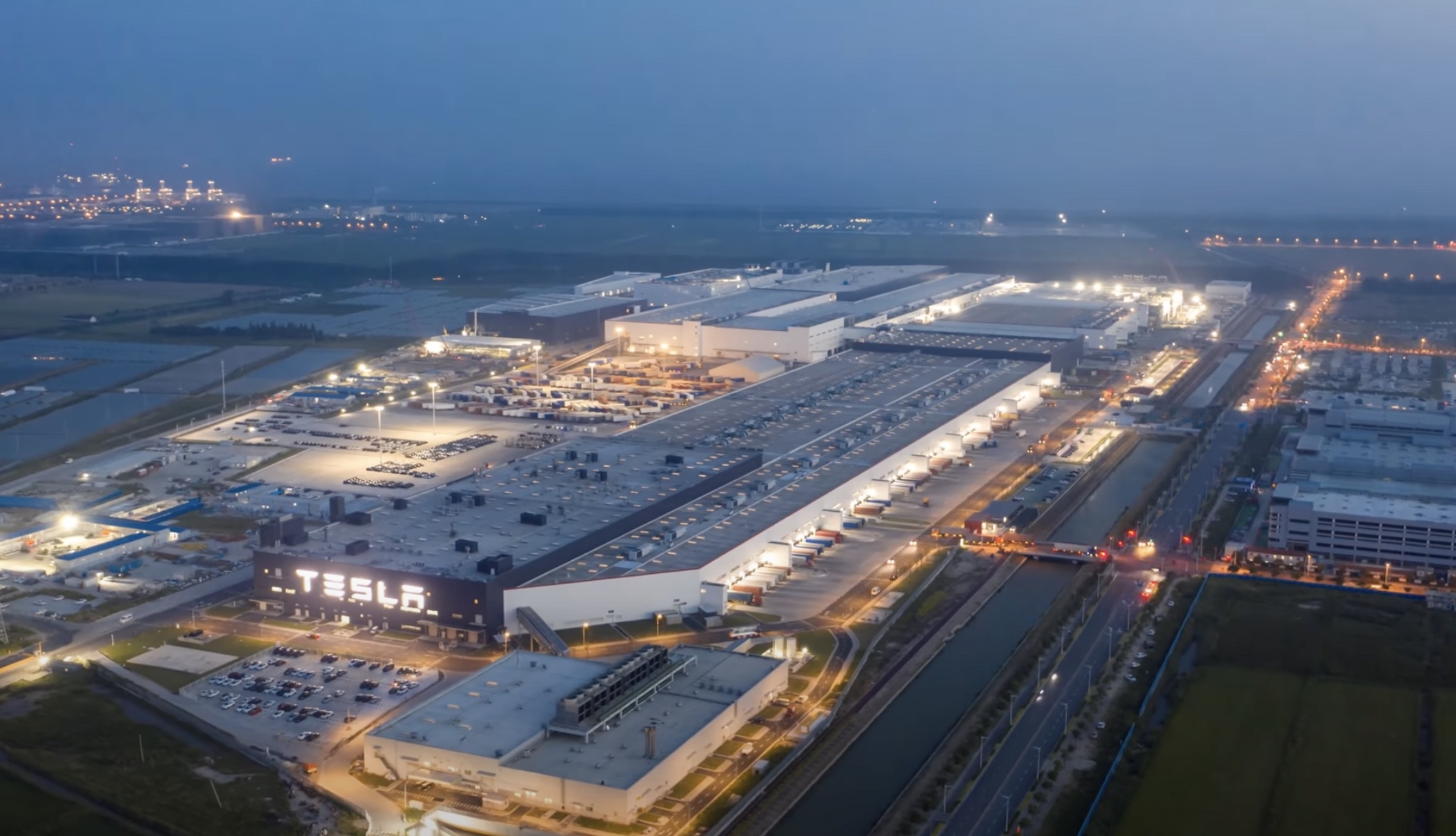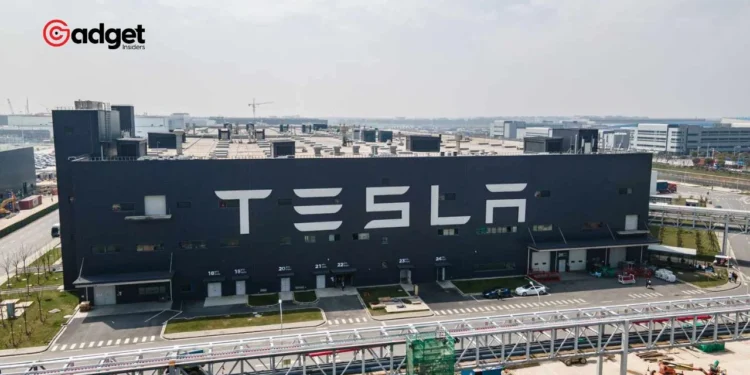In a bold move amidst rising trade tensions between the U.S. and China, Tesla has initiated construction of a new Megapack battery factory in Shanghai. This strategic expansion is set to fortify Tesla’s presence in China, which serves as both a major market and a pivotal production hub for the electric vehicle (EV) giant.

A Critical Move for Tesla’s Global Strategy
Scheduled to commence operations in the first quarter of 2025, the factory aims to produce 10,000 Megapacks annually. These large-scale batteries are essential for storing substantial amounts of electricity, capable of powering 3,600 homes per hour each. The $200 million project is not just a production expansion; it’s a significant stride towards stabilizing energy grids with renewable storage solutions.
Earlier today, I shared what seemed like a first look at the Model Y Juniper. However, it’s just a regular Model Y used for factory transport.
Any updates for the Model Y Juniper will likely come from Giga Shanghai, not Giga Berlin. pic.twitter.com/wYMBojTnTM
— Pure Black Tesla (@PureBlackTesla) May 22, 2024
Located near already vast Shanghai Gigafactory, the new facility underscores Tesla’s investment in China—the world’s largest EV market. “For Tesla, it’s an important milestone,” stated Tom Zhu, senior vice president of Tesla, highlighting the project’s importance not just economically, but also as a symbol of international cooperation.

Navigating the Complexities of International Trade
Despite the backdrop of heightened geopolitical and trade uncertainties, company’s endeavors in China appear to be met with less resistance compared to other Western companies. This smoother path was evident as Shanghai authorities and Tesla concluded negotiations to establish the factory within a mere month—an impressive feat recalling the rapid development of its first Shanghai plant in 2019.
During a recent visit by CEO Elon Musk to China, which included a meeting with Chinese Premier Li Qiang, company was lauded as a “successful model” of U.S.-China collaboration. Premier Li’s commendation comes at a time when Beijing is keenly promoting the acceleration of EV production to mitigate economic pressures from the real estate sector and to foster a low-carbon economy.
However, these efforts are juxtaposed against a tightening regime of tariffs by the U.S. President Joe Biden recently announced that tariffs on Chinese EVs would significantly increase, nearly quadrupling over the next two years—a move poised to reshape the competitive landscape. Musk himself has voiced concerns about these tariffs, stating at a tech conference in Paris, “Neither Tesla nor I asked for these tariffs, in fact I was surprised when they were announced.”

The Road Ahead: Challenges and Opportunities
Tesla’s new Megapack factory is more than a manufacturing expansion; it is a testament to the company’s agile strategy in navigating the complex terrain of international trade and politics. As tensions simmer and the global market dynamics shift, Company’s continued investment in China not only highlights its commitment to growth but also its ability to adapt to an ever-evolving economic landscape.
This development raises pertinent questions about the future of the EV industry, the interplay between technology and policy, and the role of multinational corporations in bridging economic divides. As company charges ahead, the world watches closely, awaiting the next move in this high-stakes geopolitical chess game.










